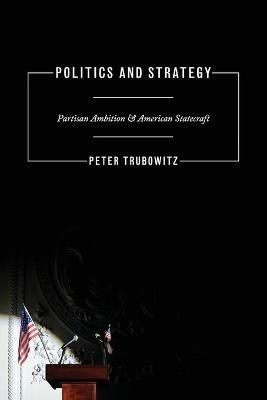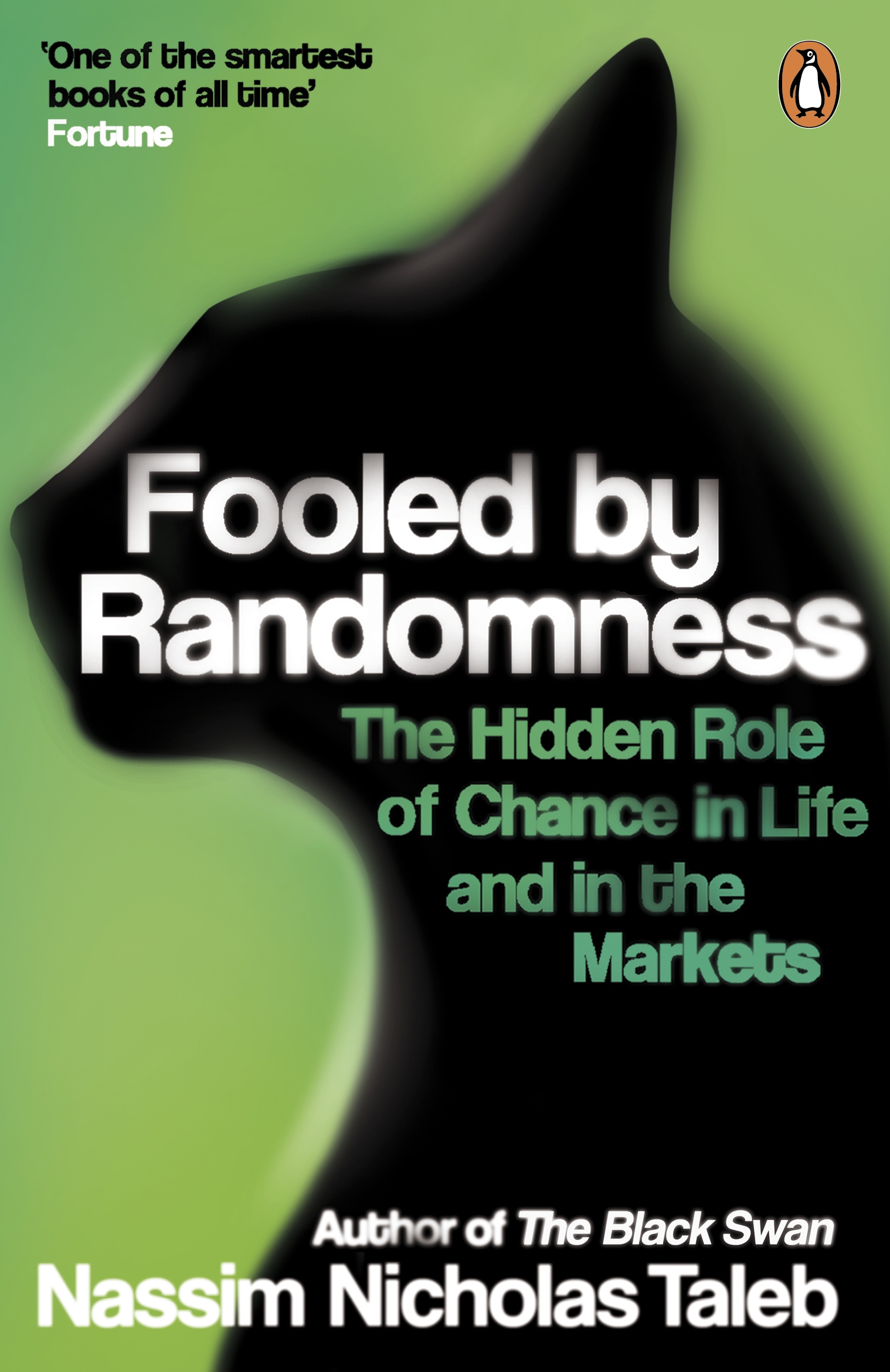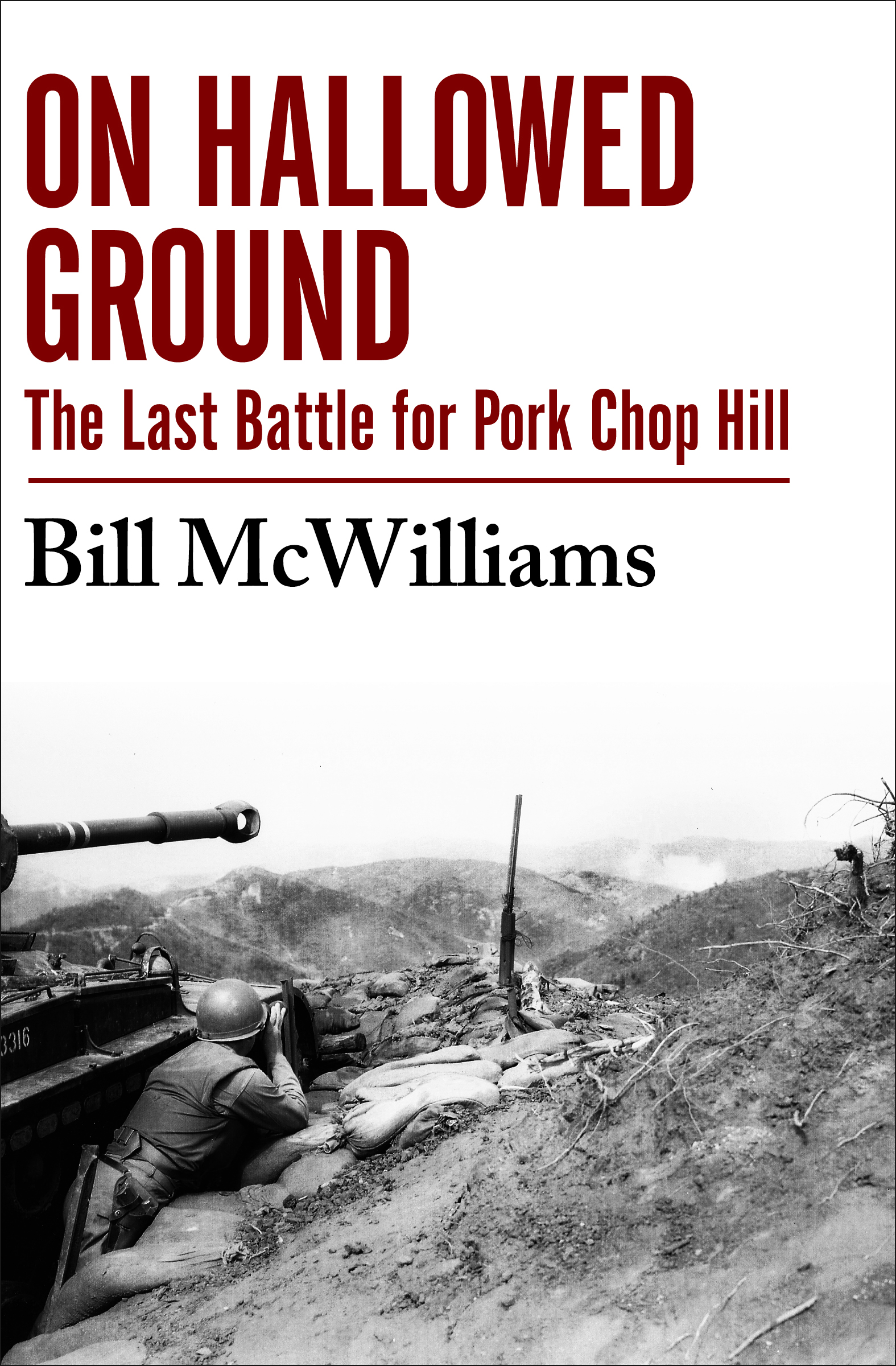Why do some national leaders pursue ambitious grand strategies and adventuresome foreign policies while others do not? When do leaders boldly confront foreign threats and when are they less assertive? Politics and Strategy shows that grand strategies are Janus-faced: their formulation has as much to do with a leader’s ability to govern at home as it does with maintaining the nation’s security abroad. Drawing on the American political experience, Peter Trubowitz reveals how variations in domestic party politics and international power have led presidents from George Washington to Barack Obama to pursue strategies that differ widely in international ambition and cost. He considers why some presidents overreach in foreign affairs while others fail to do enough. Trubowitz pushes the understanding of grand strategy beyond traditional approaches that stress only international forces or domestic interests. He provides insights into how past leaders responded to cross-pressures between geopolitics and party politics, and how similar issues continue to bedevil American statecraft today. He suggests that the trade-offs shaping American leaders’ foreign policy choices are not unique–analogous trade-offs confront Chinese and Russian leaders as well. Combining innovative theory and historical analysis, Politics and Strategy answers classic questions of statecraft and offers new ideas for thinking about grand strategies and the leaders who make them.












